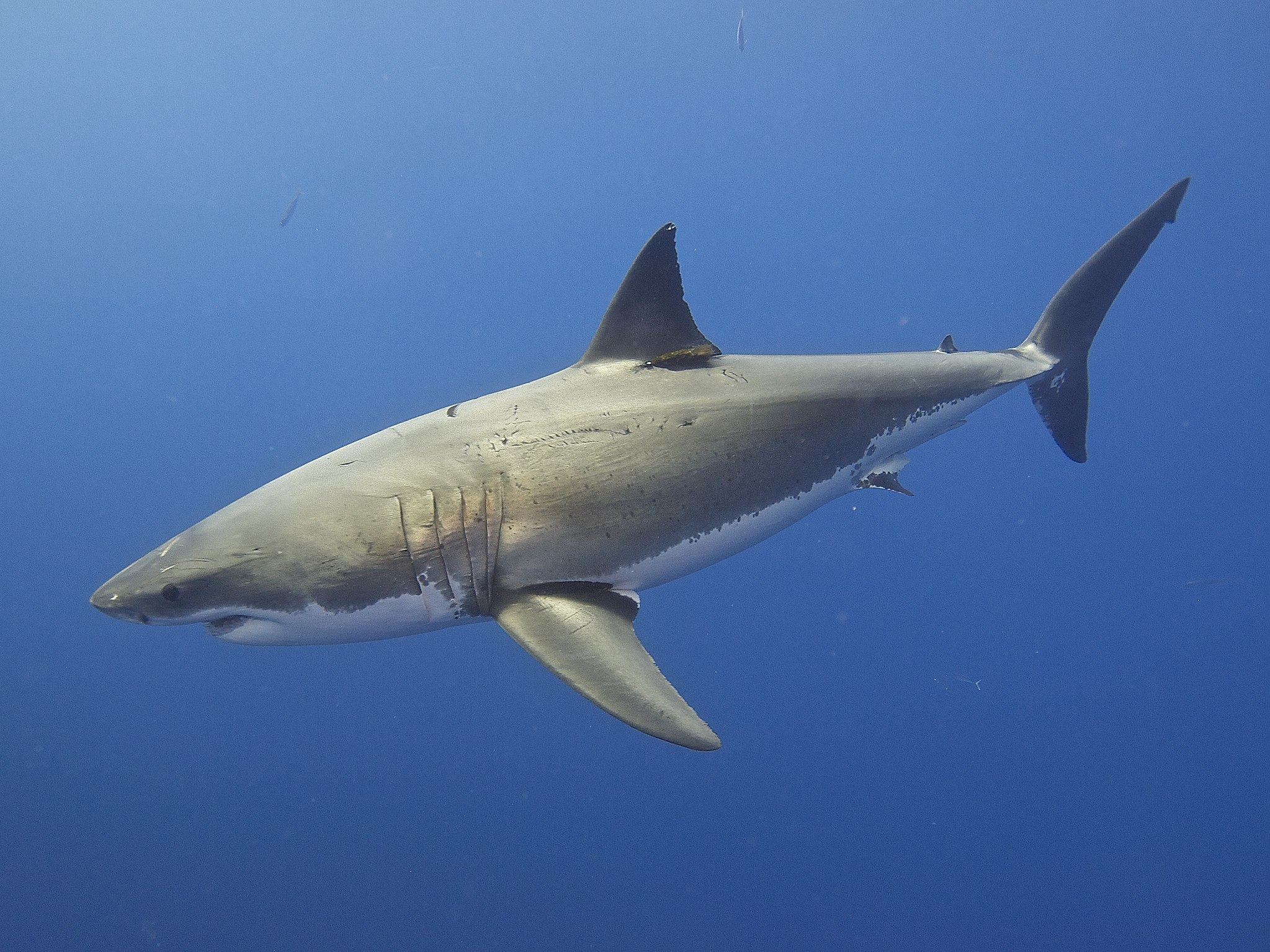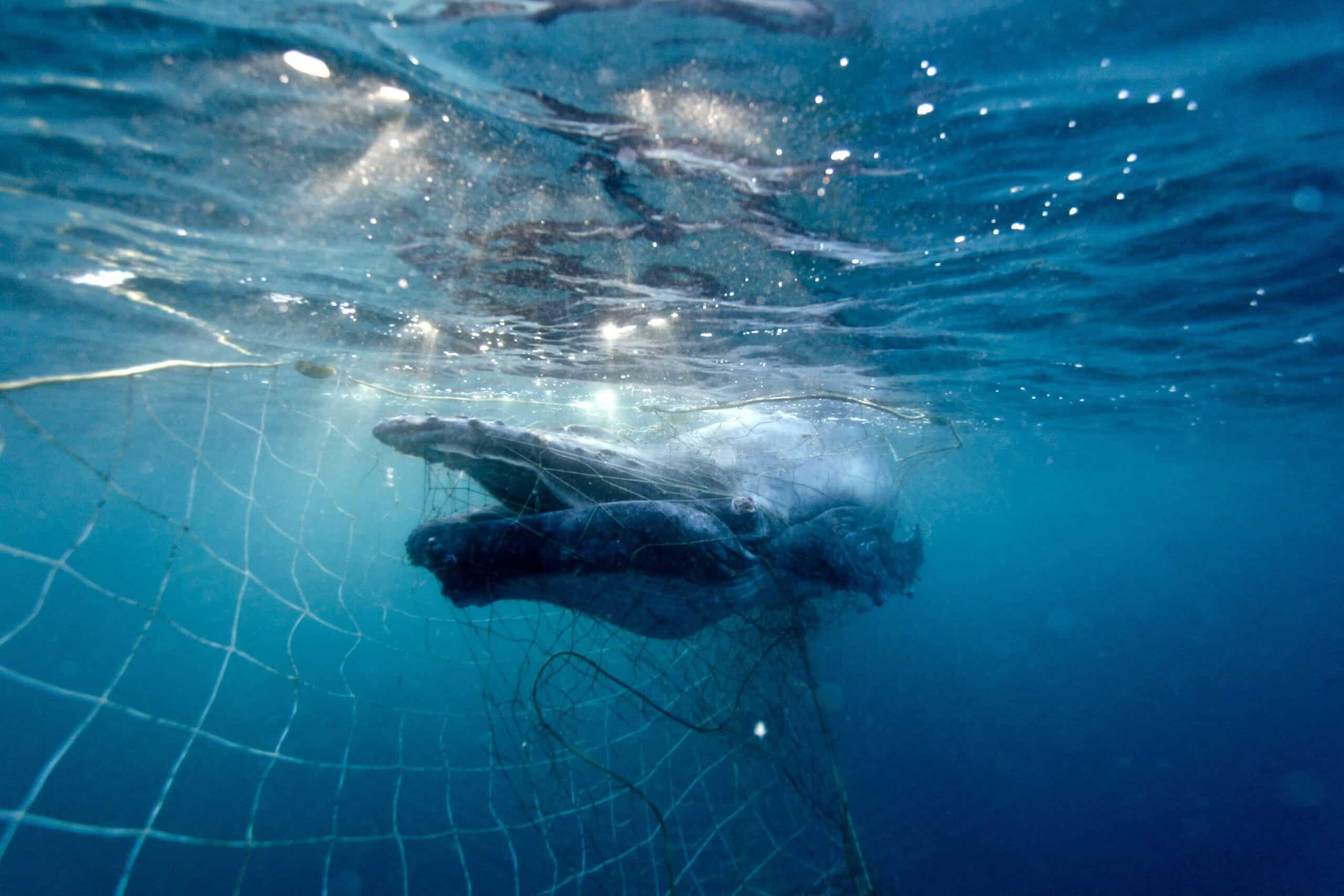Research shows that Australia’s great white sharks are highly related to each other and may consist of fewer than 500 breeding animals. SYDNEY, 24 June 2025: Latest research has found Australia’s great white shark population is much smaller than expected, increasing their vulnerability to further population threats. The population...
As expected, Australia’s delegation to the International Whaling Commission (IWC) in Portoroz, Slovenia last week exhibited strong leadership in confronting Japan over its continued whaling in the Southern Ocean and in working to reshape the work of the IWC itself. Australia’s strategy combined continued resistance to Japan’s whaling under scientific permit with a proactive agenda of support for measures designed to strengthen both the IWC and its leadership on conservation measures.

HSI’s team at the International Whaling Commission 2016
Australia’s best moment came on day four (Thursday), when, with New Zealand, it advanced a successful resolution to strengthen assessments of whaling programs conducted in the name of science. As a result, a permanent IWC working group will augment review of such proposals by the IWC Scientific Committee. This was the most widely reported news to emerge from IWC66 in worldwide media.
Australia’s Commissioner to the IWC, Dr Nick Gales, was clear in stating Australia’s conviction that Japan’s NEWREP-A program (the new name for their Southern Ocean whaling) did not meet scientific scrutiny.

Australian delegation speaking at IWC
In a day three (Wednesday) intervention, Australia also provided a strong response to Japan’s long-standing Small Coastal Whaling Proposal, making reference to a circular questionnaire Japan had previously sent to member nations. Gales framed Japan’s characterisation of the IWC as “dysfunctional” and off course as a “narrative,” with a particular perspective. There is another narrative, he went on to say, one that shows great evolution of the IWC since 1946, one that shows consistency with changing thought and values, and one that casts the IWC as a future-focused entity. Gales’ statement transformed narrow discussion of Japan’s coastal whaling proposal into an affirmation of the IWC’s competency, governance and impact.
On day two, Josh Frydenberg MP, Australia’s Minister for Environment and Energy, appeared at the conference to announce a further investment of $1.5 million in the multi-national Southern Ocean Research Partnership (SORP). The SORP emphasises non-lethal methods of research, like acoustic tagging, underwater listening stations, and satellite tracking.

Humpback whale
Australia also voted in support of conservation resolutions including one supporting efforts to save the highly endangered vaquita (also known as the Gulf of California porpoise) from extinction and another recognising the ecological services that cetaceans provide in maintaining the health of our oceans; and also voted in favour of resolutions supporting allocation of funds for participation by governments of limited means; enhancing the effectiveness of the IWC (of which it was a sponsor); and committing the IWC to cooperation with the Conference of the Parties of the Minamata Convention to monitor mercury levels in cetaceans.
During the last session of the conference, on day five (Friday), when a poorly framed document concerning the future of the IWC almost passed into the final record of work achieved, Australia again stepped up. It was the first nation to object to the document’s negative characterisation of the state of the IWC, while reemphasising its strong commitment to future conversations about the way forward for the body.

HSI took Japanese whaling company Kyodo to federal court again in 2015 and won. (HSI campaign director Michael Kennedy – second from right).
For its part, HSI Australia has long fought to end whaling in the Southern Ocean as part of a broader pro-whale agenda. In 2008, after years of legal wrangling, HSI won an important legal case when the Federal Court found that a Japanese whaling company had killed whales in the Australian Whale Sanctuary and that these activities were in breach of Australia’s Environment Protection and Biodiversity Conservation Act 1999 (EPBC Act). In 2015, HSI took this case back to the Federal Court and won again, with Kyodo being fined $1 million.
HSI’s efforts also shaped the decision of Australia to take the case against Japanese whaling in Antarctica to an international court. On 31st March 2014, the International Court of Justice found that Japanese whaling in Antarctica was in breach of the whaling moratorium and called on Japan to cease whaling immediately. Notwithstanding, Japanese whalers returned to the Southern Ocean again in 2015/16 killing more than 300 whales, many pregnant females.
Australia’s actions at IWC65 two years ago, and especially this year at IWC66, were those of a nation willing to make whaling a matter of diplomatic significance. They were ready to meet Japan and its whaling allies toe to toe in any forum where the issue surfaces, and prepared to make substantial investments in support of its whale conservation aims. Australia, along with New Zealand, has proven to be the best and most energetic advocate for whales and their protection within or outside of the IWC.


